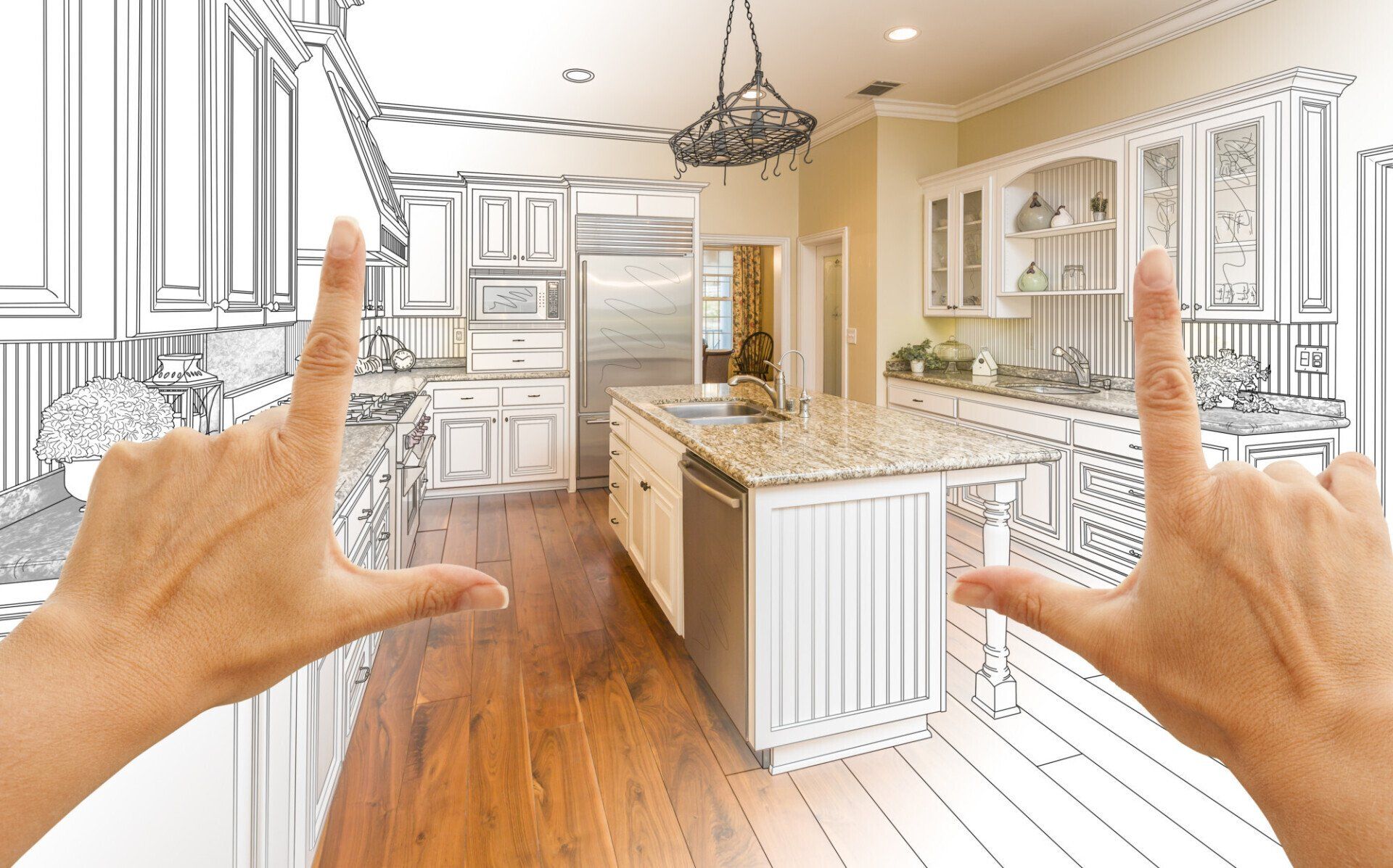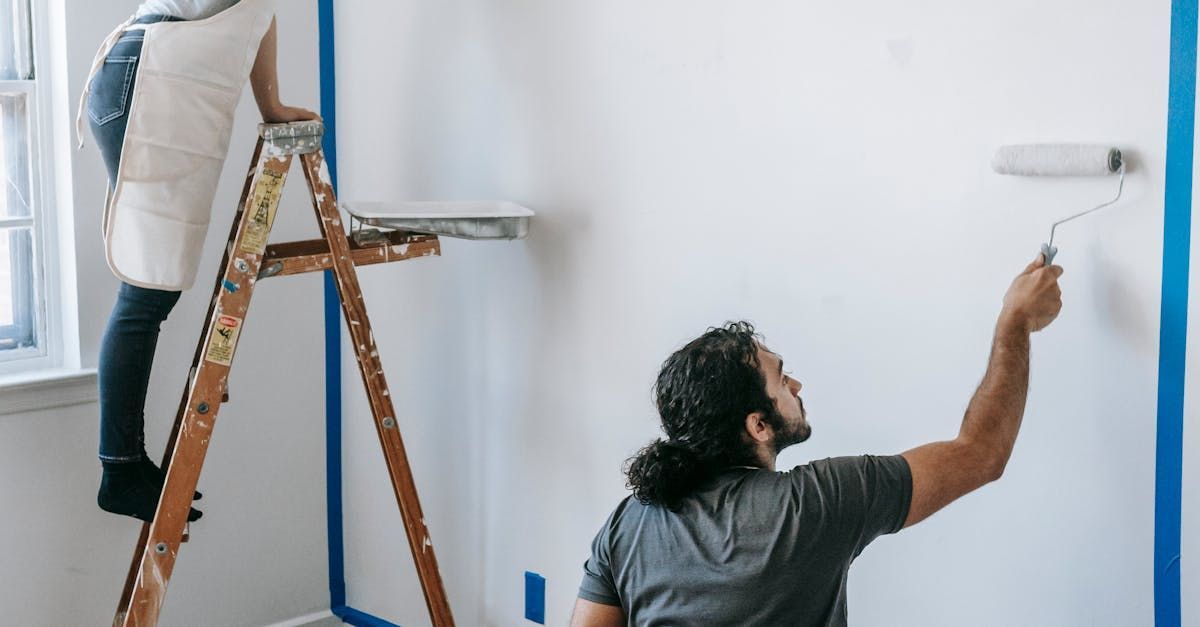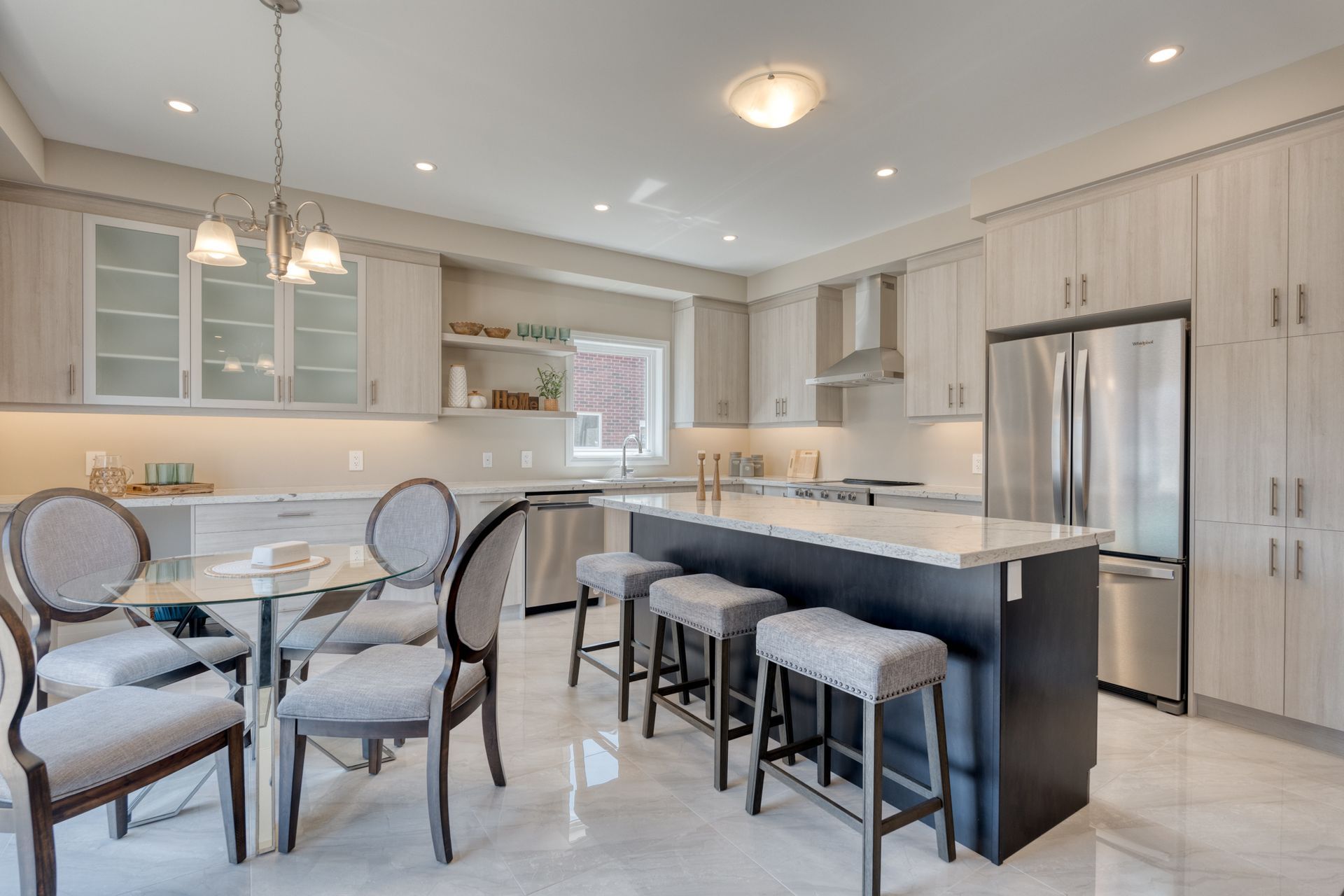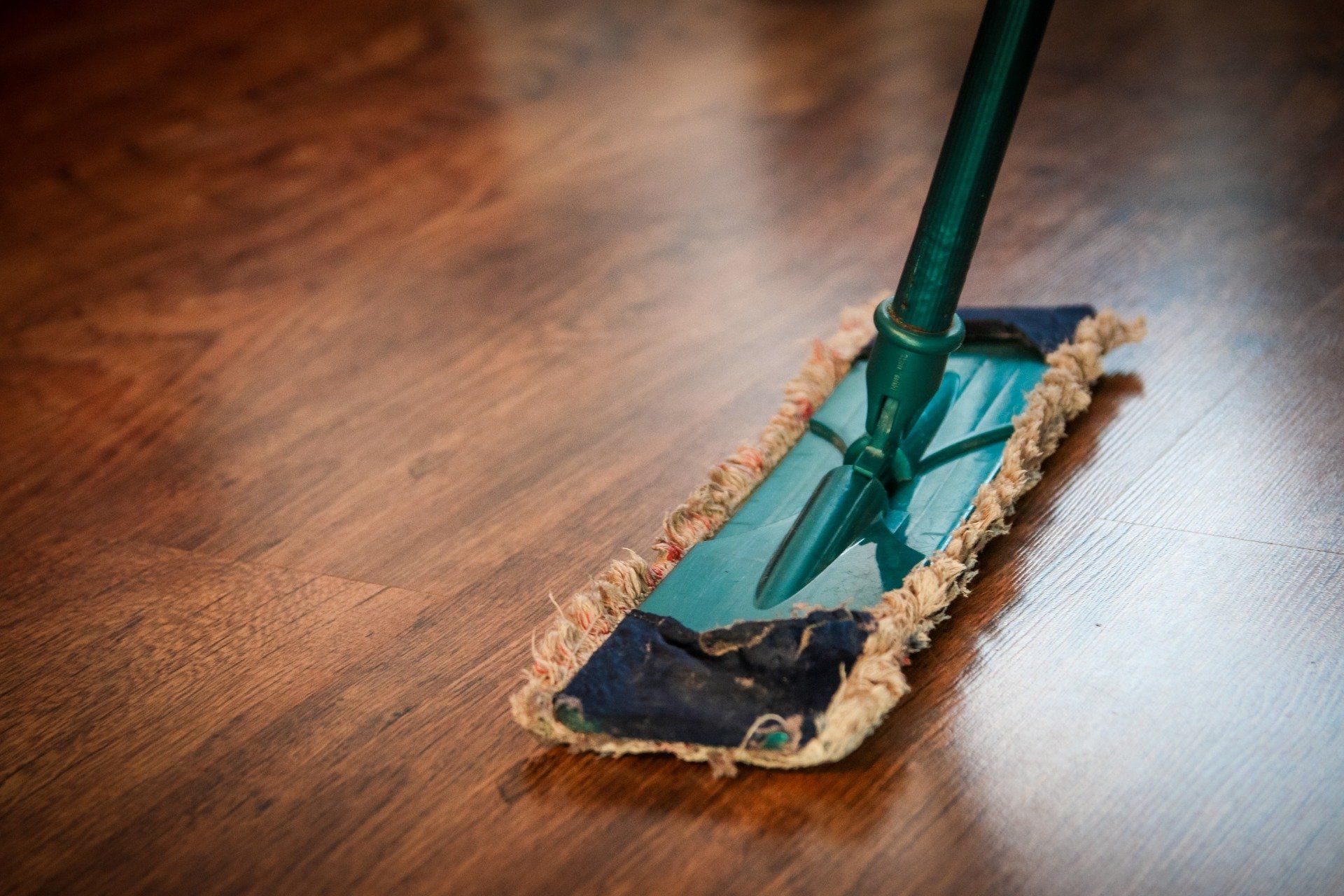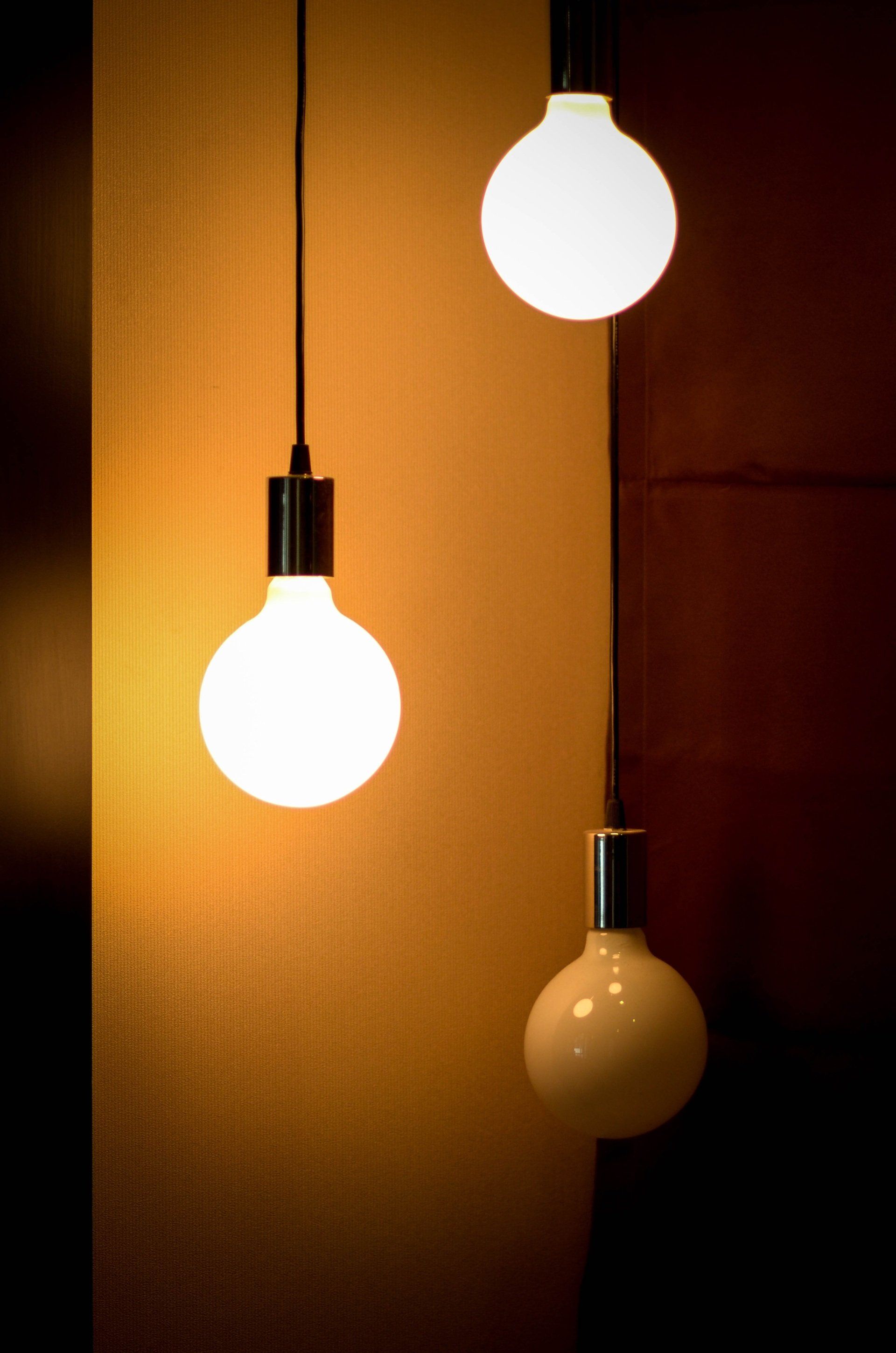5 Design Concepts for a More Livable Home
Written by Multi-Area Developments on March 4, 2022 Posted in Summit Park
You might live at home, but do you really live at home? It isn't a trick question! Unless your design elements are set up to flow the right way, it can be difficult to freely navigate from space to space.
Thankfully, you don't have to completely overhaul your rooms to make them more functional. Today, we're sharing five simple design concepts that can help your home meet your needs and look great at the same time.
1. Start With the Layout
No, you don't have to master the art of Feng Shui to create a more livable house design. However, it does help to pay attention to where you're placing furniture and arranging accessories.
The layout of each room will largely dictate how people use it. This is true whether you have an open-concept living space or more traditionally segmented rooms. In each area, try to start with a central focal point.
In the living room, this might be the family sectional. In the kitchen, it's likely the island or breakfast table. Once you have those anchors in place, you can plan effective and natural paths to walk around them. Leaving enough room to move, add in your decor pieces, such as arm chairs or accent tables.
While you can find plenty of home design inspiration online, the most important thing is to create a layout that works for
your family. Think about how you use the space, and what changes you need to make to optimize the flow of foot traffic.
2. Utilize Storage
Even the most well-designed home can feel unlivable if there's clutter everywhere. Even if the stark plainness of modern minimalism isn't for you, it's still important to maximize the amount of storage in your home.
If you're building a new house, then look for ways to incorporate built-in storage, if possible. Think outside the box and look for unique areas you might have not otherwise considered, such as under the stairs or in the base of the bed. If you're redesigning an existing space that's limited on storage solutions, then look for ways you can decorate with storage!
Today, you can find plenty of attractive boxes, ottomans, and other containers that look deceivingly like decor, but are roomy enough to stash plenty of off-season blankets, children's toys, electronic gadgets, and more.
3. Be Purposeful With Room Design
One of the basic principles of interior design is that every room should have a purpose. Even if that purpose is simply to watch television, it should be clear to everyone who enters.
Otherwise, it's easy to turn spare rooms and empty spaces into drop zones, which can quickly fill up with assorted odds and ends. Not only are these rooms impractical, but they're also unenjoyable to use.
If you're stuck on what to do with a space, then think about the mood you want it to convey. Then, add in accents and lighting to help it transform. Add a cozy armchair and you'll have a special reading nook in no time.
Speaking of drop zones, aim to have one designated area near your most-used entryway where you can drop everything in your hands as soon as you walk in the door. Create spaces for shoes, book bags, briefcases, and even your mail and keys. This way, these items don't wind up strewn across the house at the end of each day.
4. Get Serious With Organization
Have you heard the adage, "A place for everything, and everything in its place?" It might sound trite, but it still rings true. A well-organized home is a functional and livable one.
Go room by room, and make sure there's a specific spot that can house all of the pieces in it.
For instance, filing cabinets and desk organizers can transform your home office. Drawer dividers, mug racks, and plate stands can help you make sense of the kitchen clutter. There are even smart ways to organize all of those plastic food containers that spill out every time you open the cabinet!
While it's unrealistic to expect that you'll keep your home tidy every second of the day, it's reassuring to know that when it's time to clean up, everything has a home. To prevent messes from piling up around you, create daily, weekly, and monthly cleaning tasks that will help you stay on top of it.
Some of the basic chores should include:
- Doing the dishes (and putting them away!)
- Making the beds
- Sweeping and mopping the floors
- Vacuuming the rugs and carpets
- Cleaning the windows
- Cleaning the bathrooms
In addition, create a monthly decluttering routine that allows you to toss out any unused toys, beauty items, clothing, etc. These small steps can help make your home feel more purposeful.
5. Plan For the Future
Ideally, you want your home to work for your needs for as long as possible. If you're building from the ground up, then there are several features you can incorporate to help you age in place, and many are subtle and inexpensive.
For instance, by opting for door levers over knobs, you can improve accessibility. The same goes for using rocker panel switches over toggle panels. Then, there are bigger considerations, such as investing in awning-style windows that are easier to open and close, or building chair rails into the walls.
You can also add these elements to an existing structure, using a qualified contractor who's experienced in this type of redesign. This
design guide can help you better understand some of the most important elements that impact how long you can safely and comfortably live in your home.
Leverage These Design Concepts Today
An intentionally-designed home doesn't just look better. It also functions better. These are the spaces that you'll wake up in each morning, and go to sleep in each night.
You want them to feel as comfortable and efficient as possible. The five design concepts above can help you get there. By taking your time and thinking about how you want your spaces to work, you can create a home that works for you.
Looking to put down roots in an award-winning Hamilton community you'll adore? We can help you find the perfect spot in Summit Park, so contact us today!

Summit Park Sales Centre
© 2024 All Rights Reserved | Multi-Area Developments Inc
All Rights Reserved | Multi-Area Developments Inc

